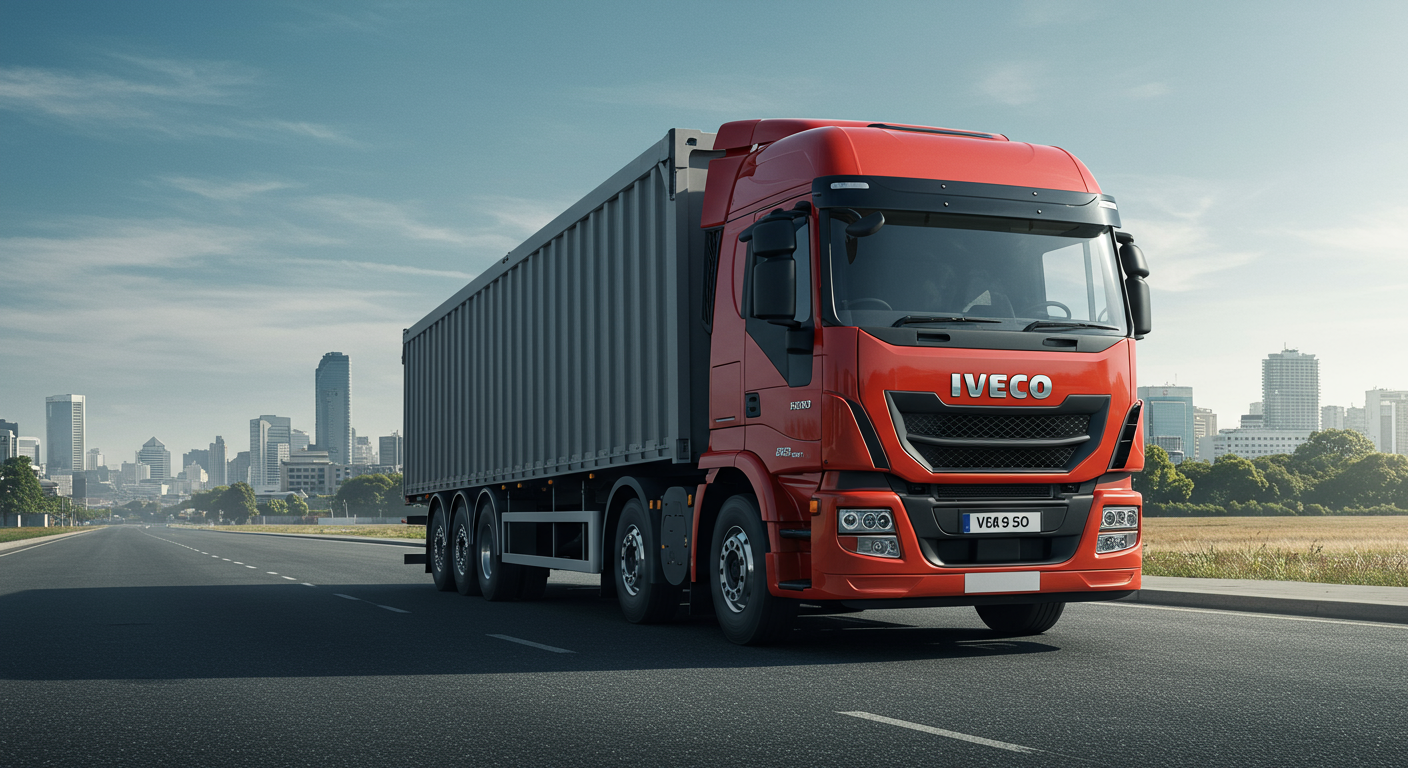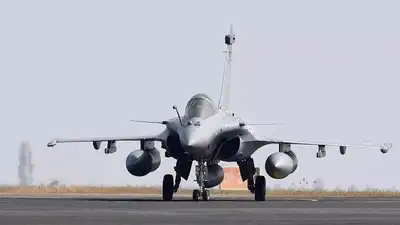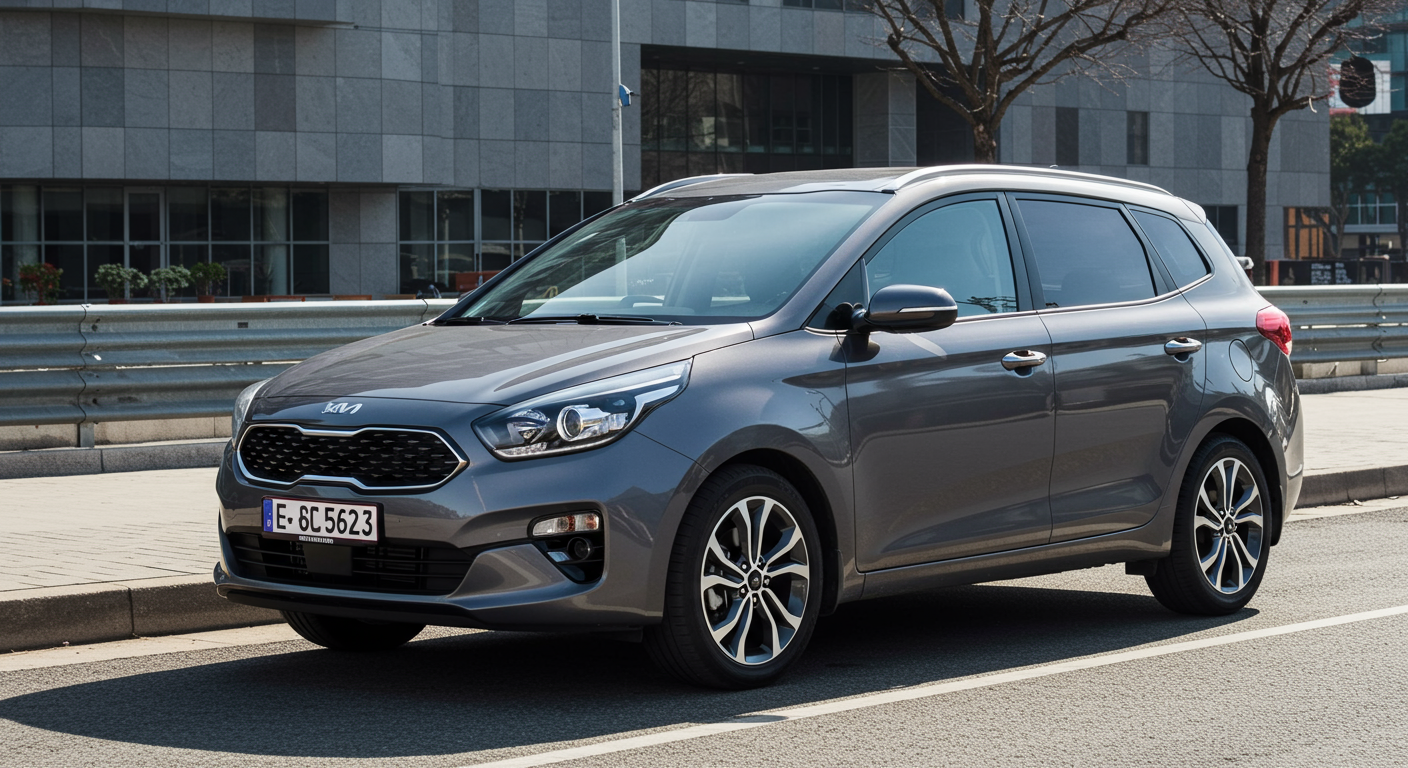Ever wondered what it takes for a company to truly go global? It’s not just about selling cars or trucks in different countries; it’s about making bold moves, forging strategic alliances, and sometimes, making massive acquisitions. In the world of automotive giants, few names resonate as strongly as Tata Motors. Known for its strong presence in India and its global reach through brands like Jaguar Land Rover, Tata Motors has consistently aimed for the stars. Recently, the industry has been buzzing with reports about Tata Motors making its biggest strategic move yet: a reported $4.5 billion acquisition of the Italian commercial vehicle powerhouse, Iveco. This isn’t just a big number; it’s a potential game-changer, not just for Tata Motors, but for the entire global commercial vehicle industry.
This reported deal, valued at around Rs 33,000 crore, represents a monumental leap for the Indian automotive major. If it comes to fruition, it wouldn’t just be Tata Motors’ largest acquisition to date, but also a significant step in its journey to solidify its position as a global leader in the commercial vehicle segment. But what exactly does this mean, and why is this particular acquisition making such waves? Let’s dive deep into the heart of this colossal reported transaction and uncover its potential implications.
The Reported Mega-Deal: Tata Motors and Iveco
At its core, this is a story about two major players in the automotive world. On one side, we have Tata Motors, a titan in India’s automotive sector and a significant global presence, especially after its successful acquisition of Jaguar Land Rover. On the other, there’s Iveco, the commercial vehicle arm of CNH Industrial, an Italian company with a rich history and a strong foothold in the European, South American, and other key global markets for trucks, buses, and specialized vehicles. Reports suggest Tata Motors is eyeing Iveco’s entire commercial vehicle business, including its truck and bus manufacturing operations, as well as its related components and service networks.
For those unfamiliar, CNH Industrial is a global leader in agricultural and construction equipment. Spinning off Iveco allows CNH Industrial to sharpen its focus on its core businesses, while for Tata Motors, it opens up a world of new possibilities. This isn’t just about buying a company; it’s about acquiring expertise, market share, and advanced technologies that can accelerate Tata Motors’ global ambitions by decades.
Why is Tata Motors Reportedly Eyeing Iveco? A Strategic Masterstroke
Every major acquisition is driven by strategic intent, and the reported interest in Iveco by Tata Motors is no exception. There are several compelling reasons why this deal could be a transformative move for the Indian giant, propelling it onto an even larger global stage.
First and foremost, it’s about expanding global footprint. Tata Motors already has a presence in many markets, but acquiring Iveco would instantly give it a formidable stronghold in Europe, a market known for its stringent emission norms and advanced technological requirements. Iveco also has significant operations in Latin America, Australia, and parts of Asia, which would seamlessly integrate with Tata’s existing network, creating a truly global commercial vehicle superpower.
Secondly, technology is a massive driver. The automotive industry is in the midst of a revolution, with electric vehicles (EVs), hydrogen fuel cells, autonomous driving, and advanced safety features becoming the norm. Iveco has been at the forefront of many of these innovations, particularly in alternative fuel commercial vehicles. Acquiring Iveco would give Tata Motors direct access to these cutting-edge technologies, significantly accelerating its own research and development efforts and allowing it to offer a broader range of future-ready products.
Thirdly, it’s about product portfolio diversification and market share. While Tata Motors is a leader in many commercial vehicle segments, Iveco’s portfolio includes heavy-duty trucks, city and intercity buses, defense vehicles, and even specialized firefighting vehicles. This acquisition would allow Tata Motors to diversify its offerings, enter new high-value segments, and capture a larger slice of the global commercial vehicle market. It would mean competing directly with established giants like Daimler, Volvo, and Traton on a much grander scale.
Finally, there are significant potential synergies. From manufacturing capabilities to supply chain efficiencies and shared research and development, combining the strengths of Tata Motors and Iveco could lead to substantial cost savings and operational improvements. Imagine leveraging Tata’s cost-effective manufacturing prowess with Iveco’s advanced engineering and distribution networks. The possibilities for innovation and market penetration are immense.
What Does Iveco Bring to the Table?
Iveco is not just any company; it’s a brand with a rich legacy of innovation and reliability in the commercial vehicle sector. Founded in 1975 from the merger of several Italian, French, and German brands, Iveco has grown into a global player known for its durable trucks, versatile vans like the Daily, and efficient buses. Its expertise extends to various propulsion systems, including natural gas and electric, making it a valuable asset in the evolving landscape of sustainable transport.
The company boasts an extensive network of production plants and research centers across the globe, along with a widespread dealer and service network. This infrastructure would provide Tata Motors with immediate access to established sales channels, service capabilities, and manufacturing facilities outside India, particularly in key European markets. This kind of established presence is invaluable and incredibly difficult to build from scratch.
The Broader Impact: Reshaping the Global Commercial Vehicle Landscape
If this reported acquisition were to materialize, its ripple effects would be felt across the entire global commercial vehicle industry. For Tata Motors, it would firmly cement its position among the top global players, transforming it from a strong regional leader with international ambitions into a truly formidable worldwide force. This move would signify a shift in the global automotive power dynamics, with an Indian company at the helm of a major international commercial vehicle entity.
For the industry as a whole, it could spur increased competition and innovation, especially in the areas of sustainable transport solutions. With a combined entity possessing vast resources, research capabilities, and market reach, the pace of development in electric, hydrogen, and other advanced commercial vehicle technologies could accelerate, benefiting businesses and the environment alike.
Furthermore, such a large cross-border acquisition can also bring benefits in terms of job creation and knowledge transfer. While initial integration periods can be challenging, the long-term vision would likely involve leveraging the best practices and talents from both organizations, fostering a more diverse and globally competitive workforce.
The Road Ahead: Opportunities and Challenges
Like any major strategic move, a reported acquisition of this scale comes with its own set of opportunities and challenges. The opportunities are immense: becoming a global leader, gaining cutting-edge technology, diversifying product lines, and expanding market access. This move could position Tata Motors for significant long-term growth and sustained profitability in the evolving global mobility landscape.
However, challenges are equally significant. Integrating two large companies with distinct corporate cultures, operational structures, and geographical focuses can be complex. Ensuring smooth transitions, retaining key talent, and harmonizing product portfolios and technologies require meticulous planning and execution. The funding of such a massive deal also presents a significant financial undertaking, requiring careful management.
Despite these complexities, the very fact that Tata Motors is reportedly exploring such a monumental acquisition underscores its unwavering ambition and strategic foresight. It signals a strong intent to move beyond being just a leading Indian automotive company to becoming a true global powerhouse, capable of shaping the future of commercial transportation.
Conclusion: A Bold Leap for a Global Future
The reported $4.5 billion acquisition of Iveco by Tata Motors is more than just a financial transaction; it’s a powerful statement of intent. It signifies Tata Motors’ relentless drive to expand its global footprint, embrace cutting-edge technologies, and secure its position as a dominant force in the rapidly evolving commercial vehicle sector. While the intricacies of such a mega-deal are complex, its potential impact is undeniable. It’s a testament to the vision of Tata Motors to not just compete but to lead on the world stage, making bold strategic moves that could redefine the contours of the global automotive industry for years to come.









